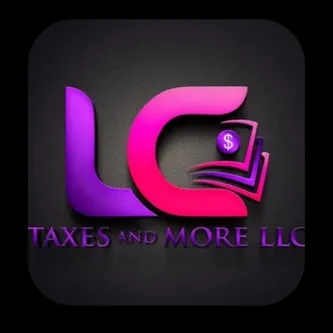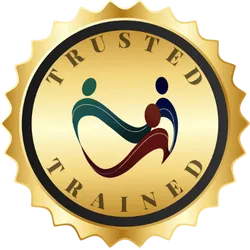
The notary and trust delivery services provided by LC Taxes and More LLC are top-notch. I’ve used their services for several important legal documents, and I always feel confident that everything is handled with care and accuracy.
Mark Theodore
LC Taxes and More, LLC
Tax Services: Professional tax preparation and planning tailored to optimize your financial outcomes.
Accounting and Bookkeeping Services: Reliable and accurate solutions to manage your financial records, ensuring compliance and clarity for your business operations.
Mobile and Remote Online Notary Services: For ultimate convenience, we offer flexible and secure notary options, including mobile services and remote online notarization.

At LC Taxes and More LLC, we specialize in providing professional tax preparation, mobile and remote online notary (Worldwide), and accounting/bookkeeping services to individuals and businesses in the Dallas/Ft Worth area and beyond. With years of experience and a commitment to accuracy and reliability, our team is dedicated to helping you navigate complex financial tasks with ease. Whether you need assistance with taxes, notary services, or more, we're here to provide personalized support tailored to your needs. Trust us to deliver efficient, timely, and friendly service every time.
FAQs
We offer a wide range of services, including tax preparation, Accounting/Bookkeeping, and mobile notary services which also include remote online notary (RON), loan signing, estate planning, and more. Visit our services page for a detailed list of offerings.
You can schedule an appointment by calling us directly, using our online booking system, or contacting us via email. We offer mobile services, meaning we can come to you at a time and place that works for you.
RON allows you to have your documents notarized online, using a secure video platform. You can sign your documents from anywhere, and we’ll verify your identity and complete the notarization electronically.
Yes! We offer mobile notary services, where we come to your location to notarize documents at your convenience, whether at home, your office, or another agreed-upon location.
To file your taxes, you will need:
✅ W-2s (if employed)
✅ 1099s (for self-employed or contract work)
✅ Bank interest statements
✅ Mortgage interest statement (Form 1098)
✅ Investment income (1099-DIV, 1099-B)
✅ Proof of deductions (business expenses, medical expenses, donations, etc.)
✅ Last year’s tax return (if available)
Yes! We offer secure E-File services and remote tax preparation, so you can upload your documents from anywhere.
If you choose direct deposit, the IRS typically processes refunds within 7–21 days. If you opt for a paper check, it may take longer.
We provide Protection Plus, which includes audit assistance, identity theft restoration, and tax debt relief guidance.
We accept various payment methods, including credit/debit cards, checks, and cash. Please contact us for more details on payment options.
Yes! Common deductions include home office expenses, utilities, business supplies, marketing costs, and internet services. We’ll help you maximize your deductions!
Proper bookkeeping helps you:
✔️ Track your income and expenses
✔️ Prepare for tax season with accurate records
✔️ Make informed financial decisions
✔️ Avoid IRS penalties for incorrect tax filings
We use QuickBooks Online, but we also support other platforms based on your business needs.
Yes! We offer bundled packages that include monthly bookkeeping + tax preparation, so you’re always tax-ready.
Yes! We help small businesses with payroll processing, payroll tax compliance, and direct deposit setup.
I currently rent space with Serendipity Labs. Any in-person appts should be booked in advance. There are no walk-ins at this time. I can be flexible, so call before going.


Disclaimer: I am not an attorney licensed to practice law in this Commonwealth.
I am not allowed to draft legal records, give advice on legal matters, including immigration, or charge a fee for those activities.